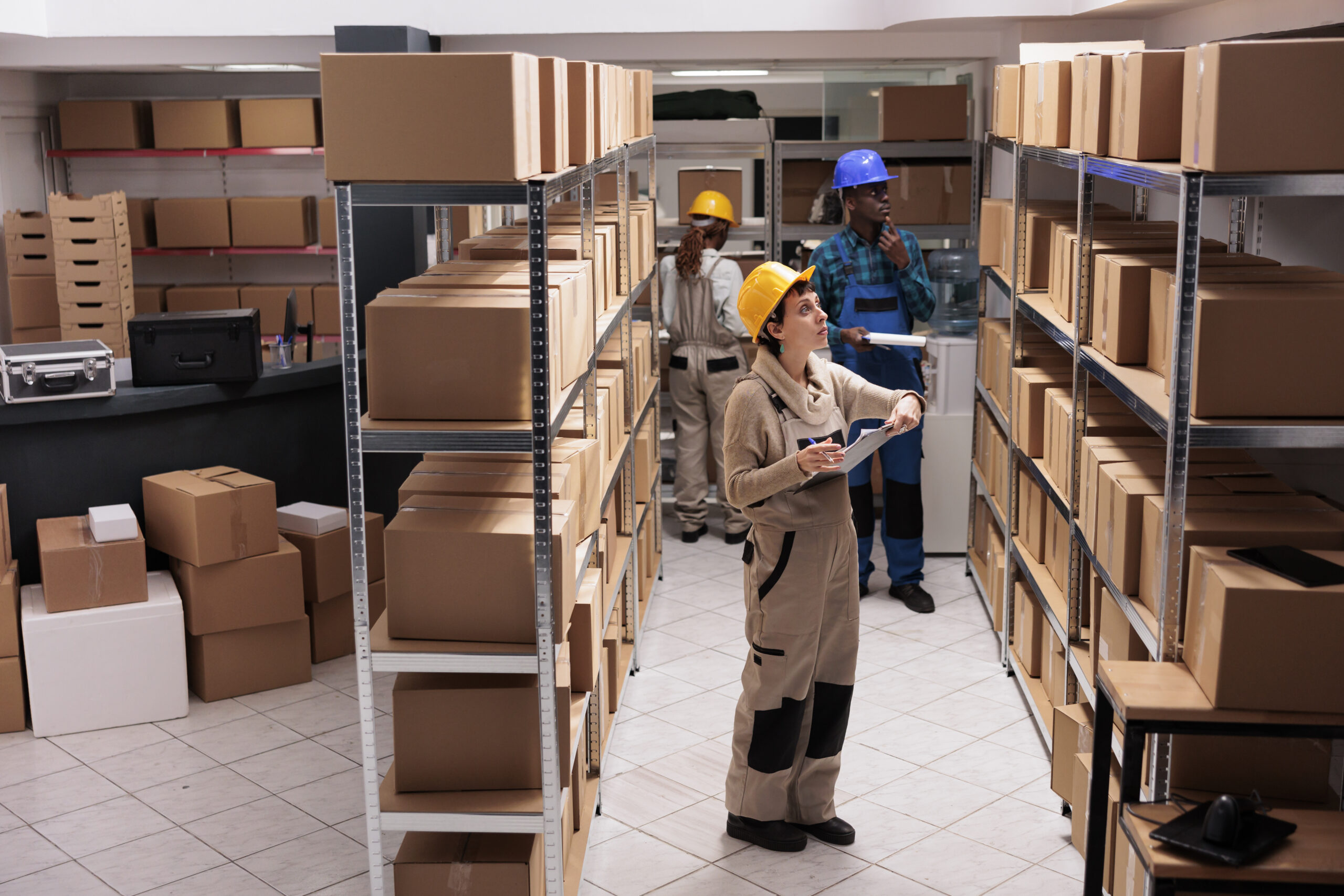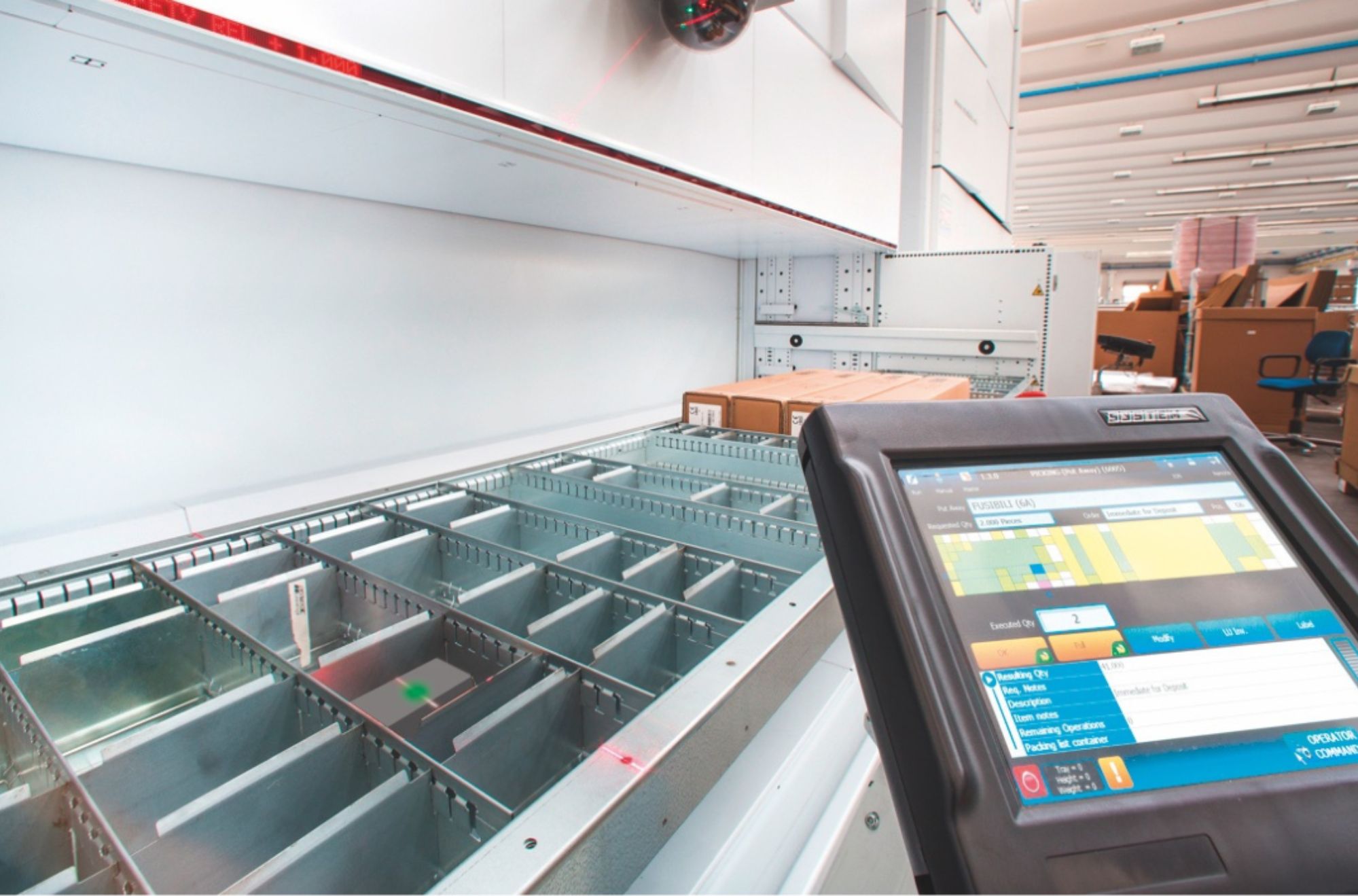Tired of dealing with delayed orders, inventory mix-ups, and rising fulfillment costs? You’re not alone. Many businesses struggle to keep up with contemporary shipping and customer requirements. Being responsible for all fulfillment operations can be hectic, costly and overwhelming.
Third-party logistics warehousing is where your solution can be found. By delegating your warehousing and fulfillment operations to experienced logistics partners, you can prevent costly mistakes, expedite your deliveries, and grow your business.
In this blog we will discuss how third-party logistics warehousing can assist in risk mitigation, help you avoid fulfillment nightmares, and provide you and your customers with a smoother and more reliable experience.
What Is Third-Party Logistics Warehousing?
Third-party logistics, or 3PL warehousing, is when businesses hire a company specializing in logistics solutions to manage inventory storage, order fulfillment, and product shipping, receiving and tracking. The market size of the Third-Party Logistics industry in the United States is expected to reach $138.4 billion in 2025, which is a promising sign for the logistics sector. Business owners can use a 3PL provider to outsource storage and shipping, making their operations more manageable and allowing them to scale more effectively.
What Does a 3PL Warehouse Do?
Outsourcing warehousing, inventory management, order fulfillment, packing, and shipping to an expert third-party logistics provider (3PL) is the definition of third-party logistics warehousing. These 3PL companies provide you with the physical premises, trained personnel, and technology required to manage your supply chain.
A 3PL warehouse is not simply a depository for your goods. It becomes a turnkey, full-service offload of your business, taking care of product intake, inventory tracking, pick-and-pack, and delivery logistics. This is helpful for B2B firms that work with bulk orders, several SKUs, or a nationwide customer base.
In-House vs. Outsourced Logistics
Although internal logistics management allows businesses more direct control over activities, it also has high fixed costs, infrastructure investments, labor concerns, and scaling issues. On the other hand, third-party logistics warehousing has a flexible and variable cost model. You’ll only pay for the space, workers, and systems you need, and you’ll benefit from well-trained fulfillment experts and best-of-breed technologies without building and maintaining them yourself.
Outsourcing is reasonable for those companies that:
- Have the opportunity to expand rapidly and require scalable warehousing.
- Prefer to avoid shipping delays and mistakes.
- Are opening new areas or eCommerce sites.
- Do not have in‐house expertise or logistics systems.
Benefits of Outsourcing Logistics
By outsourcing logistics to a third-party logistics partner, business enterprises can:
- Reduce overhead and capital expenditures.
- Increase order accuracy and speed of delivery.
- Shift the attention of their teams to essential business operations.
- Scale fulfillment in peak seasons or market expansion.
- Use data and insights from logistics professionals.
Working with third-party services like Spectra means your operations will have the chance to benefit from the tried-and-true systems and highly qualified people who understand the complexities of fulfillment.
Key Risks in Fulfillment Operations
Understanding the risks common to fulfillment operations is crucial before discussing the solutions.
Inventory Inaccuracy
Obsolete or poorly maintained inventory can result in stockouts, overstocking, or poor allocation of goods—all of which undermine your ability to deliver on time.
Shipping Delays and Errors
Manual processes lead to mispriced items, incorrect labels, and delivery delays, resulting in returns and poor customer satisfaction.
High Labor and Storage Costs
Running your warehouse involves huge expenditures on staffing, equipment, rent, and utilities. Seasonal fluctuations in order volume may also lead to inefficient staffing.
Limited Scalability
As your business grows, your internal warehouse may struggle to handle the increased load of orders or new shipping destinations. These risks can hinder growth, erode profit margins, and harm your brand.
How 3PL Warehousing Reduces Operational Risks
When you outsource your operations to a third-party logistics company, you reduce the above risks as automation, expertise, and efficiency become integral to your processes.
1: Real-Time Inventory Management
3PLs implement top-notch inventory management systems that utilize real-time data, automate stock management, and provide predictive analysis. This reduces the likelihood of overstocking and stockouts and improves forecasting.
2: Reduced Human Error
Through optimized workflows and barcoding, 3PL providers significantly reduce shipping, picking and packing errors, resulting in fewer returns and re-shipments.
3: Built-In Redundancy and Scalability
Most 3PLs are equipped with more than one warehousing facility and have contingency plans in place in the event of sudden demand, insufficient labor, or supply chain disruptions. That is to say that you have access to reliable fulfillment services even in unsettling times.
4: Specialized Compliance Support
A 3PL partner can help you meet industry-specific compliance requirements, such as temperature-controlled storage for perishables or specialized handling for electronics.
When you select the right 3PL partner, such as Spectra, you have a reliable ally who understands the complexities of your industry’s operations and can provide consistent results.
Improving Fulfillment Through 3PL Partnerships
Apart from reducing risks, third-party logistics warehousing plays an imperative role for businesses in improving fulfillment operations in multiple ways.
1: Faster Shipping Times
With strategically located fulfillment centers, 3PL providers can minimize the shipping zones and offer same-day or next-day delivery to more customers.
2: Cost Efficiency
Businesses can pay for what they use rather than investing in buildings, software, forklifts, and staff. This is particularly useful during peak seasons.
3: Better Customer Experience
Timely delivery and live tracking options result in happier customers and better reviews, which are crucial in B2B operations where contracts and repeat orders play a significant role.
4: Enhanced Data and Insights
3PLs provide reporting tools to help businesses identify trends in order volume, inventory turnover, delivery performance, and more, which enables you to make better business decisions and develop a plan of action.
Third-party fulfillment services enable businesses to gain a competitive edge, especially when partnered with a provider like Spectra, who offers advanced technology and personalized support.
Final Thoughts
The extensive fulfillment process is the essence of customer trust for long-term development in the B2B world. Third-party logistics warehousing not only lowers risk; it provides access to various levels of operational efficiency, scalability, and customer satisfaction.
Outsourcing your logistics to a reliable partner equals fewer headaches and more of the results you desire. It’s not just about getting boxes from point A to point B—it’s about designing a supply chain that aligns with your business needs.
If you are considering evaluating your current logistics model, this is an ideal time to select the right 3PL partner, such as Spectra. The right partnership can transform your supply chain from a cost center to an asset that provides a competitive advantage.




